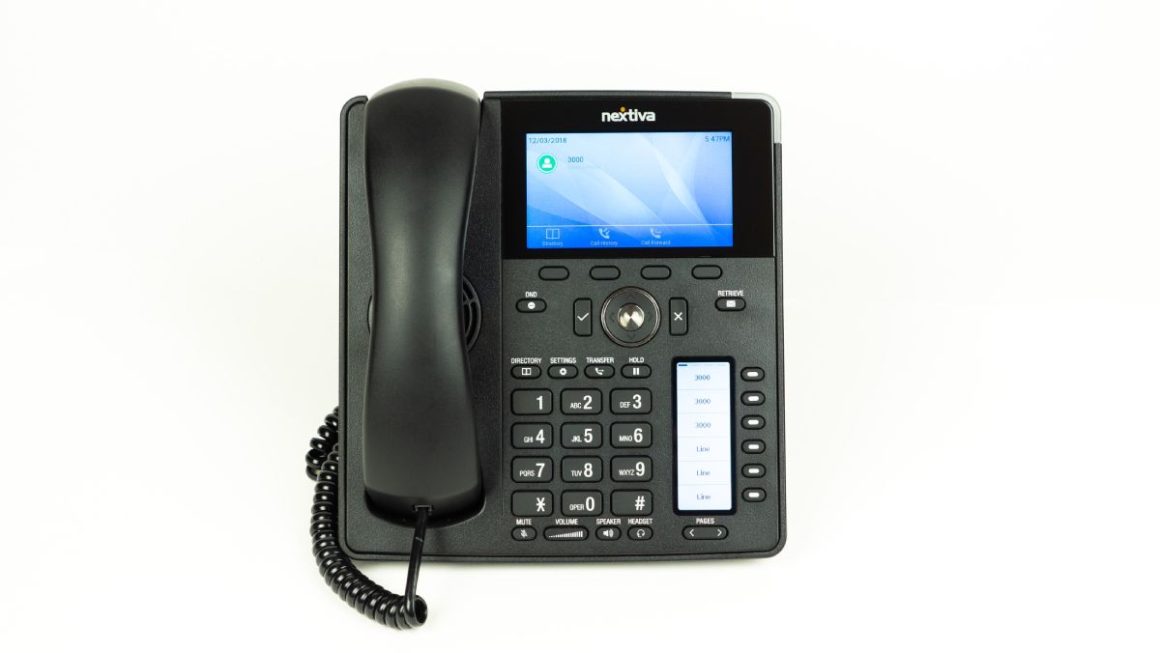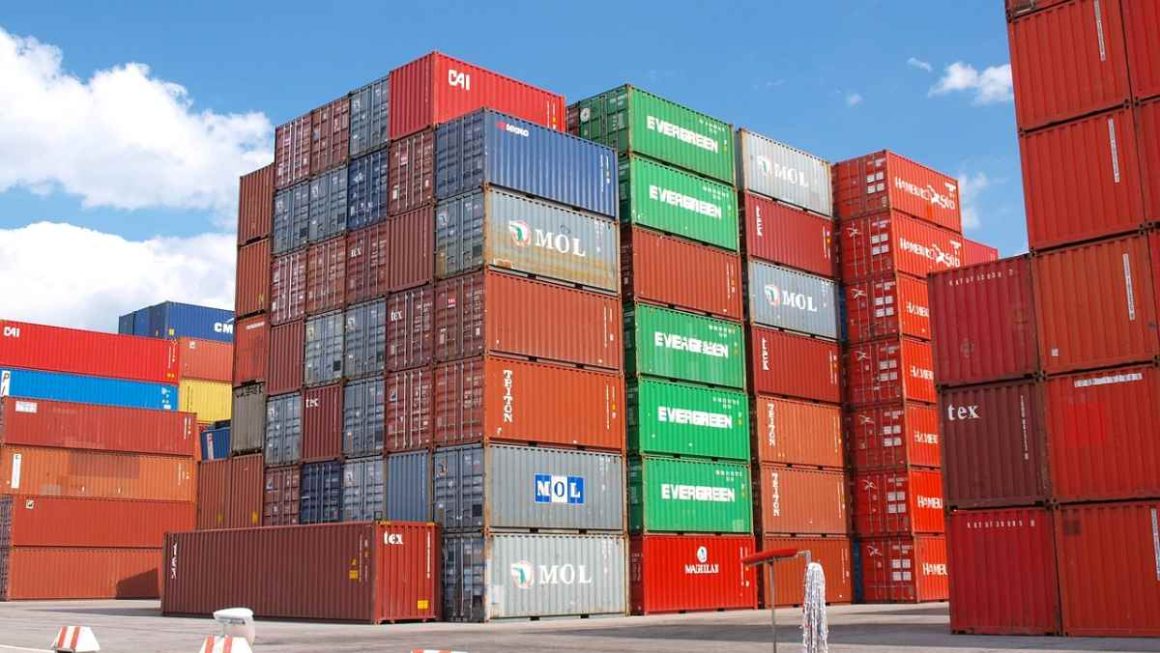ERP, or the full name Enterprise resource planning, is an information system that helps companies plan corporate resources and company management.
Precisely because of its advantages in managing a company, the ERP software market for global enterprise resource planning (ERP) is expected to grow to roughly 97 billion US dollars by 2024. This assumption is based on the growing popularity, significant growth, and interest in technology to date.
While that number is impressive, it can be difficult for those who have never used the software to understand why an ERP system is essential to their business. As globalization pushes the market for many industries, it is imperative to look for any tools that will give your business a competitive edge. Many companies achieve this precisely by using an ERP system.
Table of Contents
What Is The ERP System Intended For?
Enterprise resource planning (ERP) is used by organizations that seek to manage their business activities within a centralized and integrated system. Supply chain companies commonly use ERP to track all production and distribution moving parts. The software can be used by various industries, including healthcare, non-profit groups, construction and hospitality.
How Does ERP Software Work?
ERP stores all entered data in one database, which allows all departments to work with the same information. In addition, this data can be organized, analyzed and reported on. ERP combines customer management, human resources, business intelligence, financial management, inventory and supply chain capabilities into one system.
ERP System And Its Advantages
Increase in profit using the ERP system.
Although many ERP system providers have introduced flexible pricing recently, ERP packages are still a significant investment. With the costs of ERP software alone, such software can hardly pay for itself. But once you get over the initial shock of the higher price, you’ll find that investing in this technology can provide a high return.
ERP combines many systems and processes that you may use separately in your organization. In the system, employees have access to all the necessary tools for their work performance from one centralized system, during the entire process, from product development and delivery of the service to paid bills.
By unifying processes, you will help your employees to make their work more efficient. Thanks to ERP, users cannot search for information in different places. This is made possible by a centrally managed database. Organizations save money with an ERP system by eliminating the need to train users on several systems. This will reduce the amount of money spent on training and the logistical effort involved. Instead of scheduling several training sessions with different suppliers, you only need to communicate with one.
Streamlining of internal processes
The functions of ERP applications may vary slightly depending on the program used, but in general, each system improves collaboration within the company in some way. As mentioned earlier, the centralized database is an integral part of this technology’s uniqueness. Thanks to this database, you will create a single source of verified data in your company, from which uniform information can be drawn when performing your employees‘ work. This reduces the incidence of any errors caused by working with incorrect data.
In addition, a central database reduces any hesitation during project work, as all team members have access to the necessary data. There is no need to combine information from different systems or sources.
Better analysis and evaluation of data
A central database of information also helps improve analytics and reporting. Because the software records and stores all the data that users input into it, it creates an intelligent tool for your business. As long as your ERP supplier provides high system functionality, ERP software will make it easier and faster for you to generate the various reports needed by your work team. You can find all the essential information in a few minutes.
Most ERP systems provide a customizable dashboard so executives can see reports the first time they log into the system. These reports can include everything from income and expense statements to custom KPIs. Being able to quickly access these reports allows you to make better decisions faster. The software is intuitive, so you don’t have to rely on IT experts. Another advantage is that the ERP system provides the ability to set different levels of access, which ensures that only selected employees can see the company’s valuable data.
Higher productivity
With traditional methods, daily paperwork is necessary. Performing tasks such as generating reports, tracking stock in the warehouse, and attending to or processing orders can be time-consuming. In addition to consuming time, these processes reduce employee morale and expose them to a greater possibility of making careless mistakes. After a while of entering the same line of data into different forms, even the best can make a mistake.
If you choose the right ERP solution, this system can automate basic work tasks that take up your time every day. A database within the software eliminates redundant tasks such as data entry and allows the system to perform advanced calculations in minutes. This helps your employees perform their work more thoroughly, increasing the return on investment. Because of this, ERP increases the productivity, efficiency and profitability of your organization.
Customer satisfaction = CRM solution
Taking care of your customers has never been more critical than it is today. In today’s digital age, more and more people are looking online for advice on what to wear and what to eat. And with survey results showing that 84% of consumers trust online reviews as much as they would their friends, customer opinions have a much more significant impact on business today than ever. The best way to improve customer satisfaction is to offer relevant goods and services. ERP provides this in several different ways.
Most ERPs are equipped with a customer relationship management tool – a CRM system or they can be easily integrated into them. With ERP, your CRM can access data across business functions. Along with contact information, an integrated CRM can show you details such as order history and billing information. This allows your team to see your clients more holistically and understand their wants and needs. Increased customer visibility will help you formulate a sales strategy for better lead generation.
Easier compliance and risk management
As companies grow and do business in different countries simultaneously, it can become challenging to keep track of all the different regulations that apply to your business. Local companies also have to worry about environmental, safety and human resources regulations. So most ERP packages are built with these regulations to help you stay compliant at every stage of your business.
In addition, ERP software provides built-in auditing tools to help you document matters such as tax provisions. This way, formulating various reports and sending them to the relevant governing body becomes much more accessible. In addition, ERP often provides risk management tools. The better accuracy of this solution improves overall financial management as there is less chance of errors in billing. These tools also allow users to forecast events regarding demand, workforce and budget. You can create more secure budgets, schedules, and product development plans with this information.
Easier warehouse management
The main challenge for growing companies is tracking and monitoring items in the warehouse. ERP uses barcodes, RFID (high-frequency identification) tags and serial numbers to keep track of your inventory at every stage of the supply chain. These tools help you track inventory levels in various warehouses, as well as which items are in transit and on the shelves ready for consumers.
A better overview of the warehouse significantly optimizes the picking, packing and shipping process and eliminates all inaccuracies. Inventory monitoring also strengthens reporting as tracking technologies provide more accurate numbers. Users can configure custom performance metrics to see which products are moving the fastest—where there’s more demand—and which are driving up shipping costs. With the greater accuracy provided by this technology, warehouse managers can get real-time data on their inventory to make more accurate business decisions.
More accurate production planning and resource management
The ERP system also manages production with the management of your warehouse stocks. The system provides an overview of all production operations. This enables users to optimize production schedules, equipment and labour to maximize capacity. In addition, ERP manages your bill of materials (BOM) and fixed assets.
This software allows users to easily create and edit BOMs and track all previous changes. Fixed asset management allows users to schedule equipment maintenance to reduce the possibility of unexpected downtime and improve their profitability and supply chain relationships.
Summary
If you choose the right software ERP solution, its value to your business will far exceed the initial costs, time and effort associated with its implementation. With enough thorough research and thoughtful consideration, you will find an ERP solution that provides all of the benefits listed above. You will also understand first-hand why an ERP system is so essential to a company.




